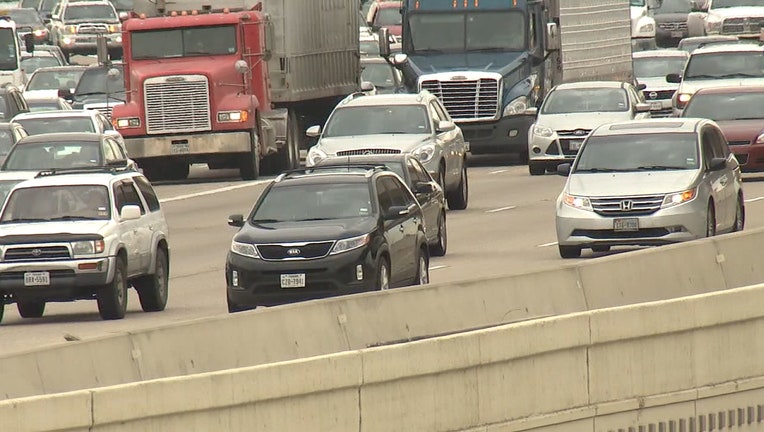Michigan House votes to spend $10 million to offset losses from auto insurance reform

LANSING, Mich. - The Michigan House voted to spend $10 million to help offset financial losses for rehabilitation facilities and in-home care providers that are bracing for rate cuts under the state's auto insurance law.
The legislation, approved 95-13 late Thursday, was sent to the Senate a week before the 45% reduction in what auto insurers can be billed for post-acute services for people catastrophically injured in crashes. The Republican-led Legislature and Democratic Gov. Gretchen Whitmer slashed the reimbursements as part of a 2019 law to lower drivers' premiums by containing medical costs and letting them forgo unlimited benefits.
The state aid would be available on a first-come, first-served basis to providers that document a "systemic deficit" due to the limits on charges and a good-faith effort to alter their business practices to adhere to the law. The relief fund would be administered by the Department of Insurance and Financial Services, which would later give legislators an analysis of the impact of the fee reductions and potentially make recommendations.
Some neurological rehab centers have announced they will close due to the cuts and have told residents to find alternative living arrangements.
Whitmer has said she is open to a "narrow way" to address concerns from providers and people they serve. Senate Majority Leader Mike Shirkey, a Clarklake Republican, has been hesitant to consider changes until after the fee reductions take effect July 2. Bills that would amend or delay the provisions have not advanced.
The Michigan Brain Injury Provider Council, a trade group, said it appreciated the House recognizing the pending financial blow to specialized rehabilitation care but said the relief would not be timely enough nor big enough.
"We appreciate the intentions of this lifeline -- but unfortunately, the rope isn't long enough to get everyone safely to shore," president Tom Judd said in a statement.
The insurance industry has said the fee schedule will rein in "dramatic overcharging" and is the main driver of a significant drop in the per-vehicle fee for unlimited personal protection benefits. It will be $86 starting July 2, down from $220 shortly after the law was signed.

